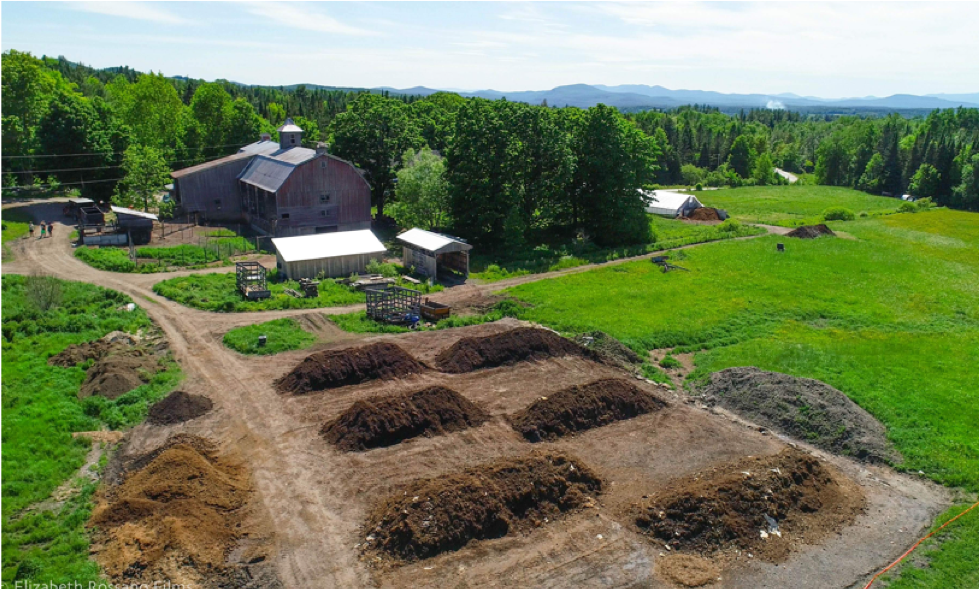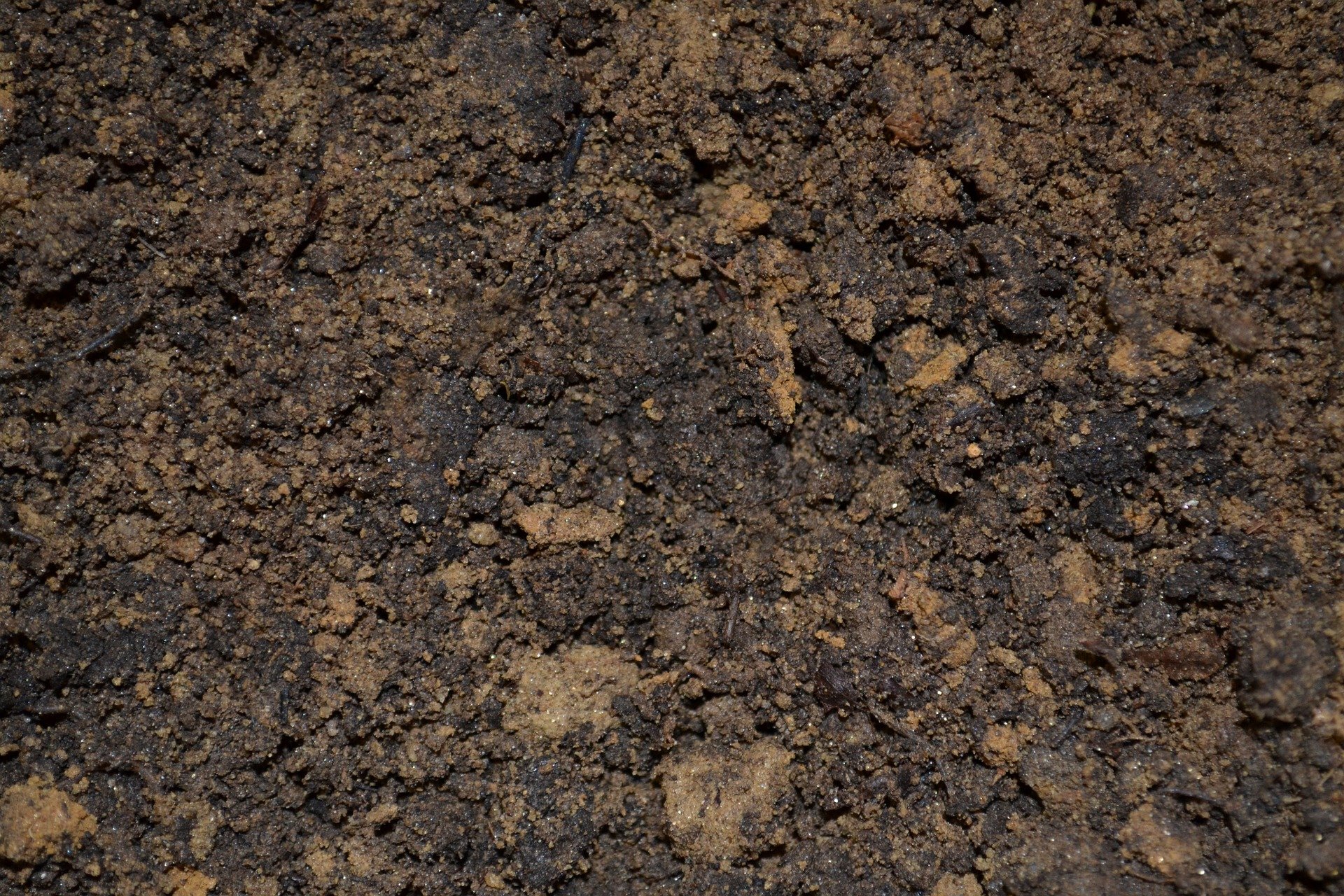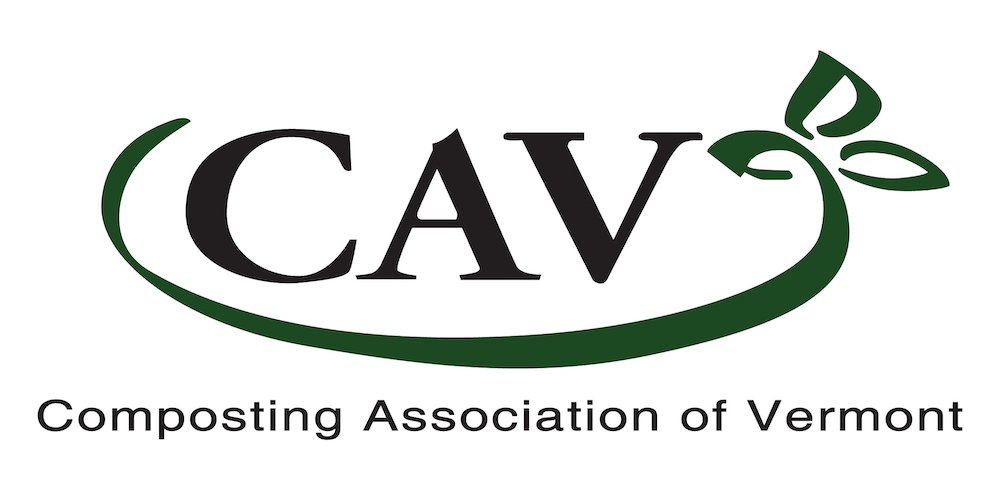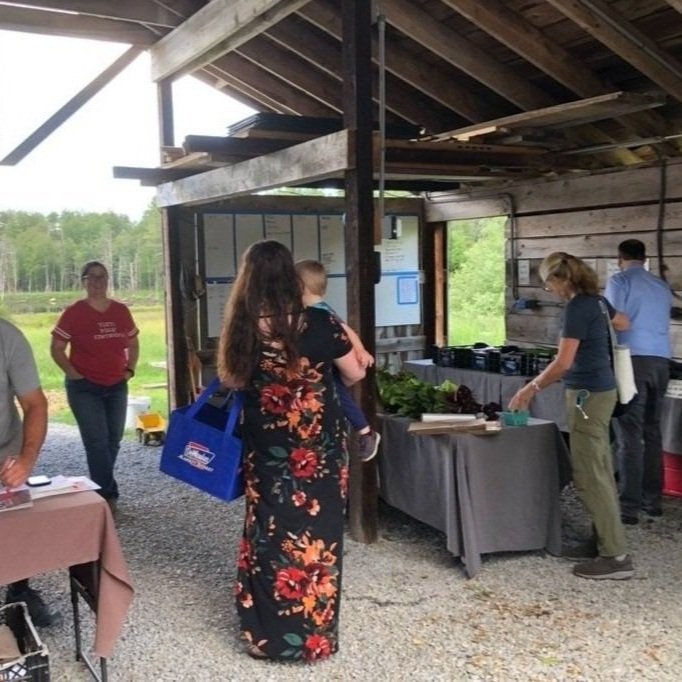
For farmers who compost and those who support them
A project of the Composting Association of Vermont
Farmers can play an important role in managing food waste in rural areas, where few diversion alternatives exist. Farmers have land, equipment, and motivation to implement compost systems at various scales. Many raw materials for composting are readily available on farms, and the nutrient-rich product of composting is needed there as well.
This toolkit provides resources to support better composting on farms and to encourage composting with community needs in mind, with the overarching goals of reducing solid waste, avoiding water pollution, and increasing soil health and farm resiliency.
Resources for communities and organizations foster a farmer-centered approach by supporting informed collaboration.
This toolkit was funded by the United States Department of Agriculture Rural Utility Services Solid Waste Management Grant Program and supported by our Partner Farmers and Project Steering Committee.
What is “community-oriented” on-farm composting?
Connecting farmers looking to compost with community members looking to divert food scraps from landfills. Community-oriented composting is a mechanism to move nutrients from where they are to where they are most needed. This can be especially helpful in rural areas where population density does not support hauling routes or centralized municipal or commercial compost operations.
In rural and small communities, farm viability is often closely linked to community viability.
Hear what farmers have to say about this practice
In this video, we talk with farmers from the first cohort of the Community-Oriented On-Farm Food Scrap & Manure Management project about why community-oriented composting made sense for them.
Special thanks to Jolie Scott for her work on this video.
Ready to find out how you can make on-farm composting better?

“I’m really excited about joining the community-based composting project because I'm learning how to compost. I have some amount of confidence in it now, whereas before, I felt like it was sort of out of reach. I'm also really excited about involving my community, especially in an underprivileged rural population. We're able to take control of a small part of our lives.”
— Sayer Palmer, Open Woods Farm in Grafton, NH
For more information about this project, contact Natasha Duarte, CAV Director, by email (natasha@compostingvermont.org) or phone (802-373-6499).
This toolkit was funded by a USDA Rural Utilities Solid Waste Management Grant. The Composting Association of Vermont is an equal opportunity employer and service provider.
Sign up below to stay informed about learning new opportunities and resources!




